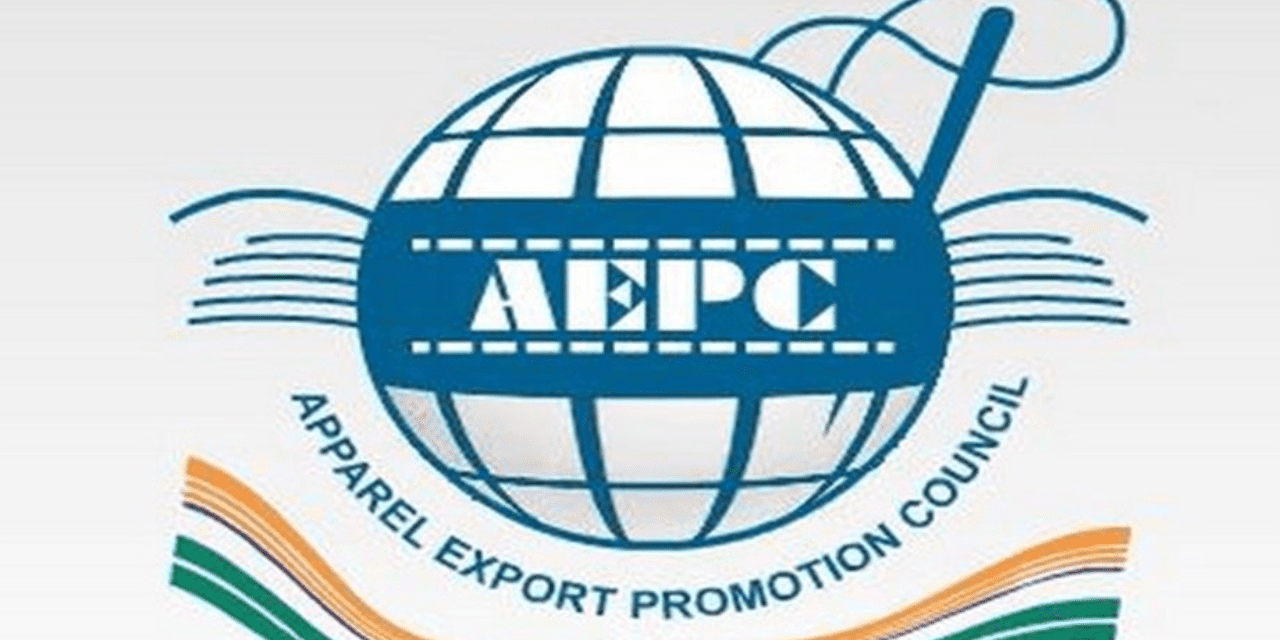In order to increase exports, the exporters’ organisation AEPC announced on Monday that it is pushing environmentally friendly production techniques such using cutting-edge technology to reduce carbon emissions in the nation’s various garment clusters.
The Apparel Export Promotion Council of India (AEPC) is holding a number of discussions on the matter with all parties involved, including brands, associations, and the industry.
The council is educating the sector on how to adopt sustainable practises, including methods to encourage water and energy conservation, waste water and chemical management, monitoring of carbon emission, and certification for green building.
The exercise becomes importance since the European Union (EU), a significant market for Indian exports, has made the decision to levy a carbon tax on imported goods if their manufacturing process uses harmful methods.
EU accounting represented around 18% of the overall exports of the nation.
AISA (Apparel Industry Sustainability Action), according to a statement from AEPC, was started to promote such production procedures.
According to the council, road shows were held from May 5 to May 12 in Tirupur, Mumbai, Bengaluru, Jaipur, and Delhi-NCR (Gurugram) in each of the five major garment clusters in the nation.
The goal of these road shows, according to AEPC Chairman Naren Goenka, is to map the current sustainability status throughout clusters, allow participants the chance to display their sustainability initiatives to reputable companies, and compile the country’s best success stories for presentation to foreign buyers and brands.
“The lessons from road shows will assist us in engaging the government in policy dialogue for appropriate policy interventions to support MSMEs,” to be better prepared for the new circumstances, he said.
According to Sudhir Sekhri, vice chairman of AEPC, the Indian garment industry is predicted to make a significant contribution to the global increase in apparel production of 63% by 2030.
According to Sekhri, “this spectacular growth has led to an increase in global concern about the damaging effects that the fashion industry has on the environment.” He also said that the EU’s top focus now is moving towards a greener environment.
The goal of the European Commission’s climate change policy is for Europe to become climate neutral by 2050 and a net zero emitter of greenhouse gases.
Through these road shows, we’re attempting to prepare the business and make them aware of the need to be sustainable, which is no longer a We have no other option, ” Sekhri replied.
In order to honour businesses who have made progress in the sustainability field, AEPC has teamed with Brands and Sourcing Leaders Association (BSL).
Sustainability is a “serious” issue, according to Mithileshwar Thakur, Secretary General of the AEPC, and one that business can only disregard at its own peril.

